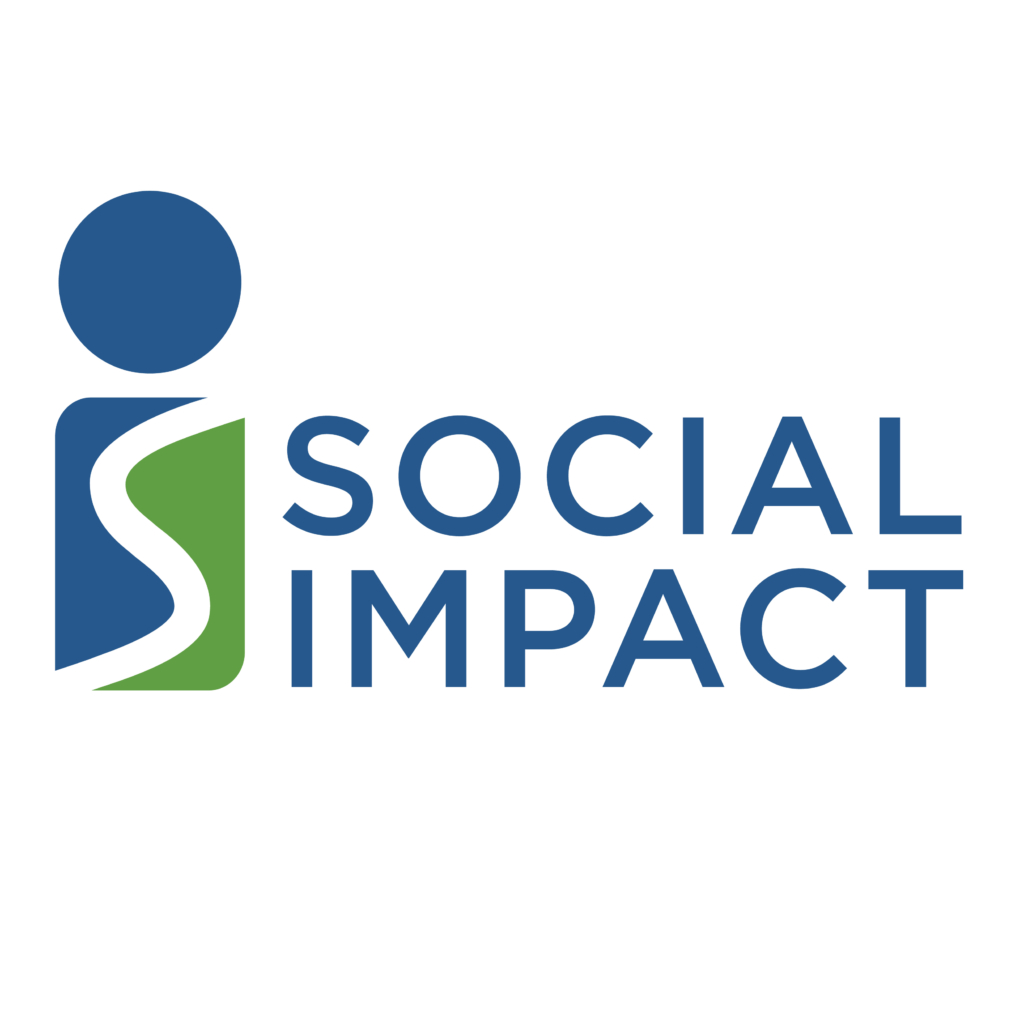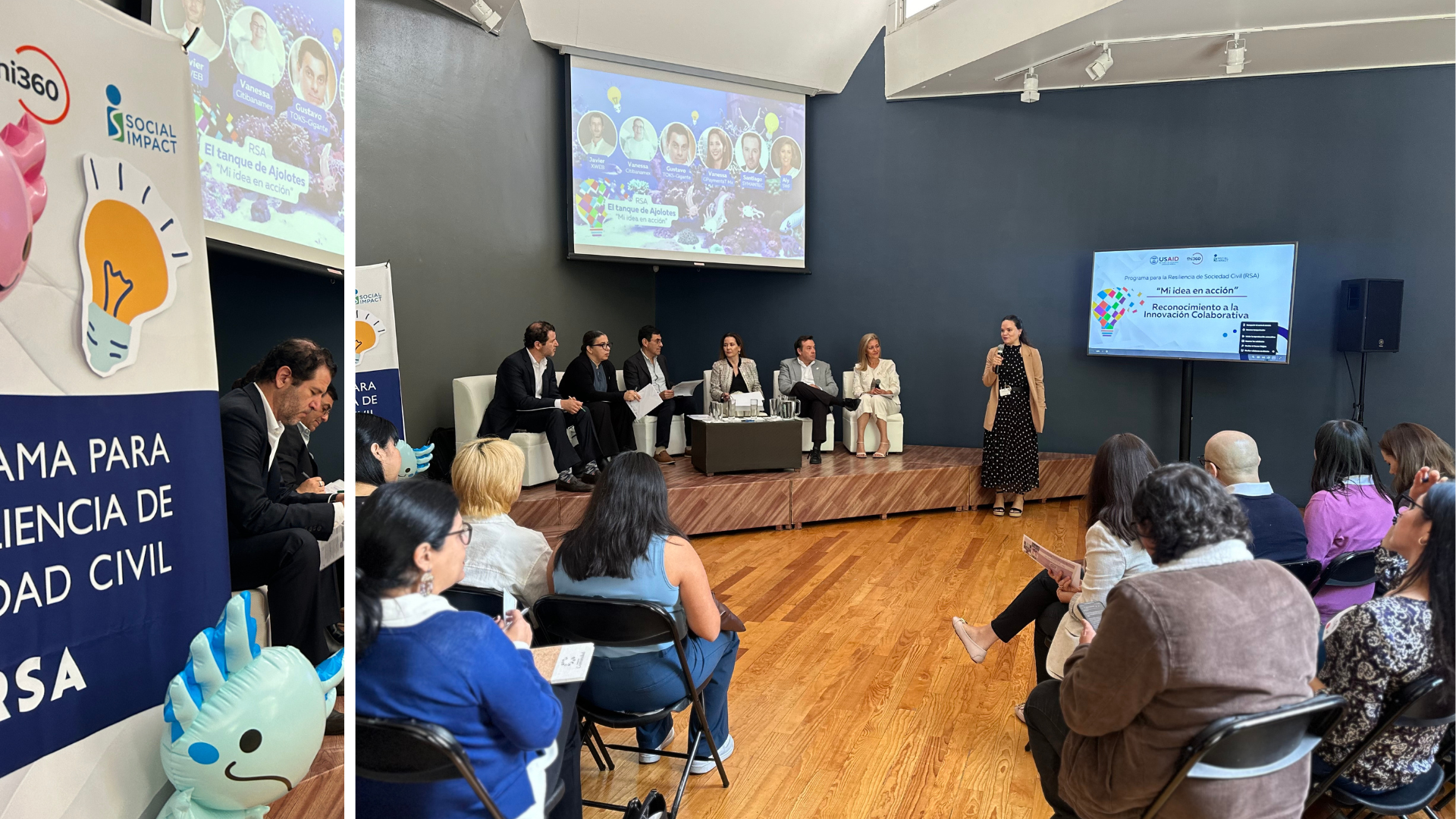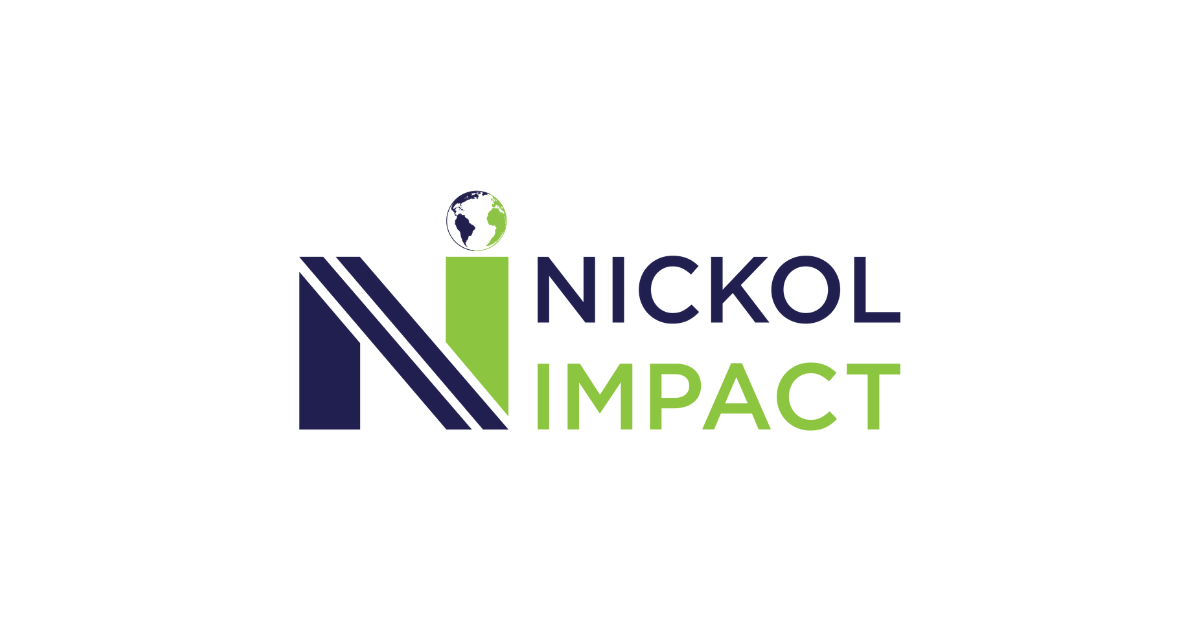Blog Author: Carly Mphasa
Social Impact and Duke University, on behalf of the Millennium Challenge Corporation, conducted Willingness to Pay (WtP) studies in Sierra Leone. These studies engaged communities in investment decisions regarding access to reliable, clean energy—a critical need, as only 30% of the country had electricity in 2022, according to the World Bank.
The Challenge:
Data from the United Nations Development Programme (UNDP) estimates that 733 million people lack access to electricity worldwide, with an estimated $35-40 billion in investments needed annually to achieve universal access by 2030. Furthermore, an additional 750 million grid-connected customers in the Global South cope with an unreliable or inadequate power supply, according to the Energy Sector Management Assistance Program (ESMAP).
Lack of access to reliable, clean energy constricts communities’ development opportunities, impacts health, education, and well-being, and requires significant investments to address. However, important tradeoffs exist between investments aimed at improving electricity access and those focused on improving reliability. So, how do investors decide where to target their resources for the greatest impact?
One of the best ways to assess tradeoffs and make better program decisions is by speaking directly to impacted communities. Willingness to Pay studies empower consumers, giving voice to their priorities on which investments deliver the greatest value.
Willingness to Pay estimation follows two approaches:
- Revealed Preference (RP) methods, which utilize data on actual behavioral decisions.
- Stated Preference (SP), which rely on questions about hypothetical scenarios, usually presented to respondents using a survey experiment.
Both approaches have advantages and disadvantages, including the assumptions they require about human behavior or self-awareness, their sensitivity to different biases, the extent of useful variation they offer, and how practical they are to implement.
What we did:
We, researchers from Social Impact and Duke University, combined Revealed Preference and Stated Preference methods into a single survey instrument, leveraging the real-world applicability of Revealed Preference while drawing on Stated Preference methods to make inferences about situations the study population had limited or no experience with. We also developed new Revealed Preference methods that had never been applied in lower- or middle-income countries to derive the first rigorous estimates of the costs of in Sierra Leone. On issues of both access and reliability, we explored multiple Willingness to Pay methods as a means of testing for consistency and convergent validity of the estimates, implementing joint estimation where feasible, and triangulating findings to enhance precision and increase confidence in estimates for decision-making.
How it was used:
This study supported the Millennium Challenge Corporation and the Government of Sierra Leone in identifying priority investments in transmission and distribution. These investments aim to bolster the foundation of a reliable electricity sector as part of a $480 million USD Compact.
“This $480 million compact seeks to assist the country in addressing a binding constraint to its economic growth: the insufficient availability of affordable and reliable electricity to satisfy demand among households, businesses, and social institutions. The compact is designed to strengthen the foundation of a reliable electricity sector through investments in transmission and distribution infrastructure, the development of a strong enabling environment for independent power producers, and capacity-building support for the utilities and key sector institutions.” – Millennium Challenge Corporation
Learn More:
If you would like to geek out on the details, you can read the full report here. If you are attending the American Evaluation Association Conference on Friday, October 25, 2024, in Portland, Oregon, you can join Social Impact and representatives from Duke University, Millennium Challenge Corporation, and the Government of Sierra Leone, where they will present the results of the Willingness to Pay studies. The presentation will discuss the selection and adaptation of Willingness to Pay methods to a given context, show the benefits and tradeoffs of using multiple valuations to improve confidence in results and demonstrate how Willingness to Pay data drives country ownership and makes smarter investment decisions. Attending this presentation is a great opportunity for anyone hoping to improve program decision-making with community input.








